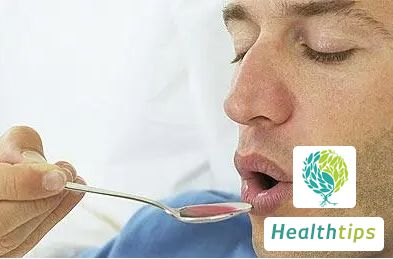Hemorrhoids are commonly referred to as piles. Piles are a condition that cannot heal on its own and does not achieve spontaneous recovery. To improve piles, it is recommended to adopt reasonable treatment measures and not delay the condition. Piles belong to the relatively common diseases of the anus and rectum, usually caused by poor bowel habits or frequently consuming spicy and stimulating foods, which accelerate local blood circulation. Symptoms typically include pain, swelling, and itching in the anal area. Waiting for the condition to heal spontaneously may, as the disease progresses, lead to symptoms such as post-defecation bleeding and hard lumps around the anus, affecting one's health. It is not advisable to wait for spontaneous healing; instead, timely cooperation with doctors for improvement through rubber band ligation therapy is necessary. Improvement can also be achieved through injection therapy, infrared coagulation therapy, laser treatment, and other methods, which contribute to the recovery of the condition. After surgery, the anal tissue can be cleaned with potassium permanganate compound solution, physiological sodium chloride solution, and hydrogen peroxide solution under the guidance of a doctor to reduce the probability of inflammation. After treatment, more attention should be paid to hygienic care of the anal area, avoiding prolonged sitting, and paying attention to a light diet, including easily digestible foods.


